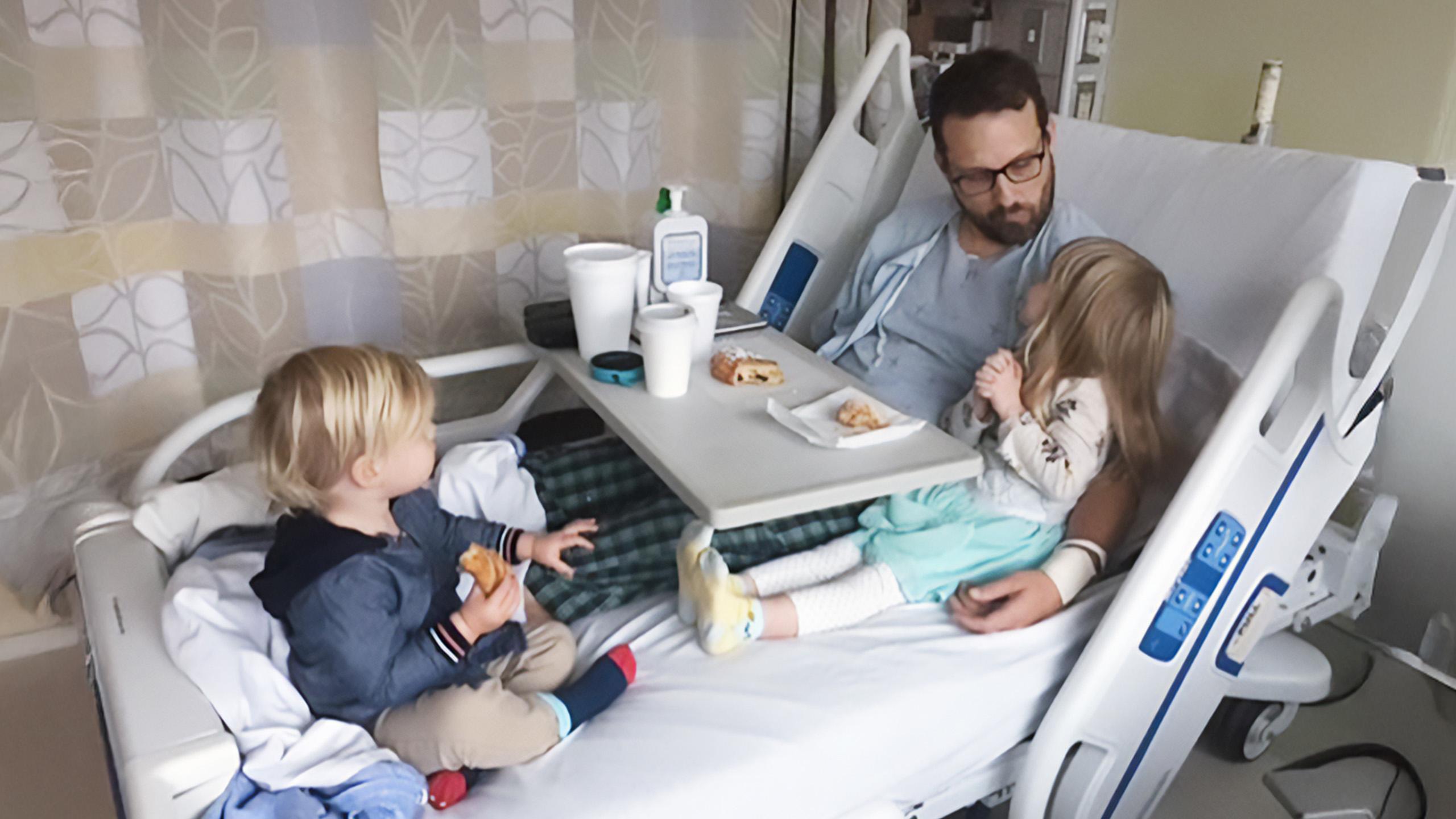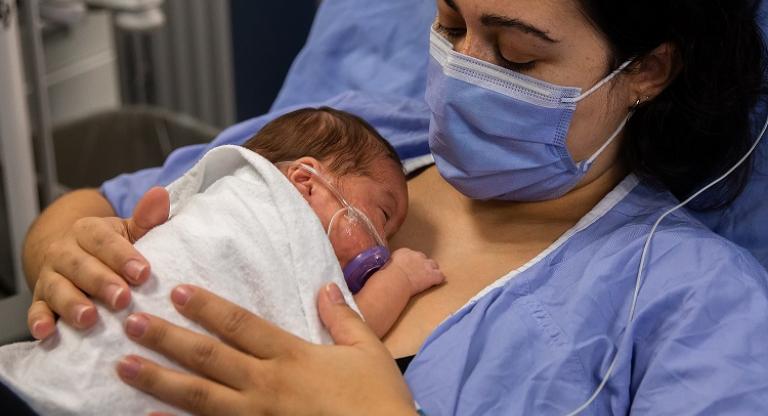Q&A with Dr. Collen McDermott

What is urogynecology and why does it matter? Dr. Colleen McDermott, Division Lead, Urogynecology at Mount Sinai Hospital and Assistant Professor at the University of Toronto, talks to us about her specialty and why women’s health needs to be a priority.
Can you explain what urogynecology is and the types of disorders and health issues it treats?
Urogynecology focuses on the diagnosis and treatment of pelvic floor disorders experienced by women. In brief, we help patients with urinary incontinence and voiding problems, defecatory dysfunction, pelvic organ prolapse, and pelvic pain.
Can you tell us why you pursued urogynecology?
I entered my residency in Obstetrics and Gynecology at the University of Toronto with every intention of being a Gynecologic Surgeon. After doing my Urogynecology rotation, I became enamoured with this subspecialty as it is the perfect blend of clinical medicine and surgery, and the treatments we provide for our patients have such an enormously positive impact on the quality of life of women.
Are there any exciting developments in the field that you can share?
Specifically at our site we are national leaders in our structured approach to managing obstetrical anal sphincter injuries with our OASIS clinic, which is led by Dr. May Alarab. We also lead cutting-edge research that is looking at the use of custom designed and 3-D printed pessaries to provide patients with an improved non-surgical option for the treatment of prolapse and urinary incontinence.
What improvements in the field need to be made?
Pelvic floor disorders are very common conditions that can significantly affect a woman’s quality of life. Approximately 25% of women experience at least one of these issues and this percentage is likely higher in women older than 65 years of age, as it is well established that these conditions increase after menopause. Unfortunately, women’s health research in general is woefully underfunded.
It has been recently shown that for diseases that unequally affect one gender, a disproportionate amount of funding from the National Institute of Health (NIH) goes to male dominated diseases. Furthermore, the small amount of public research funding that is allocated to women’s health is primarily given to research involving reproductive-aged women and is often specifically allocated to pregnancy and maternity issues. As such, research involving conditions that primarily affect mature women, such as those seen in our subspecialty, suffer because of this imbalanced funding structure.










